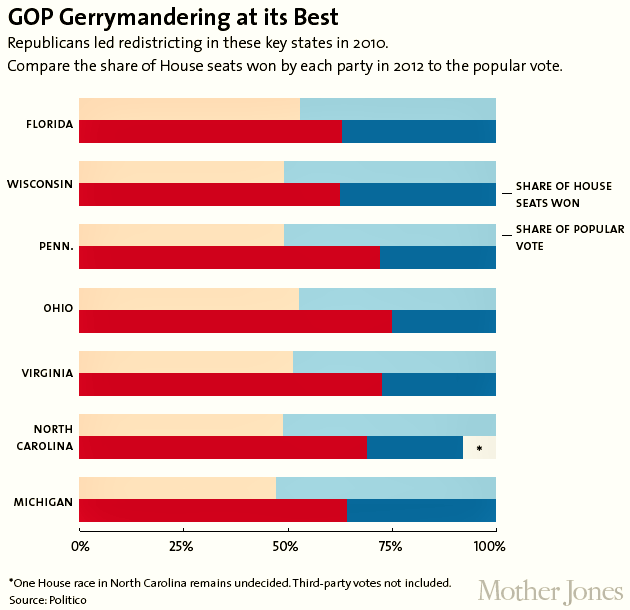America's Rejection Of Science, Rational Thinking, Institutions & Perceived Reality Is Epic & Dangerous
I propose that we all be subjected to a certain level of knowledge about civic events before we are allowed to vote. Over half of Trump voters don't believe that the meeting Trump Jr. agreed happened with the Russians -- happened. The fact that he released his own emails about the meeting does not convince them -- or they are reading/hearing from Trump-loving media outlets that this is #fake news.
We cannot combat this kind of deep ignorance among voters. If one believes that all of life is a conspiracy, then intelligent learning has no impact on one's mind. The liberal media is loathe to take up this topic, because it sounds so elitist. Reality is that informed people have been backed into a corner in which it is politically incorrect to challenge a fundamental ignorance and skepticism about real events as a civic responsibility. This state of our civic life in America has real consequences.
1) Electoral College Mismatch vs Voter Fraud
US president Donald Trump never talks about the reality that if all votes counted equally in the 2016 presidential election, Hillary Clinton would have received 259 votes and Trump 256. The states where Hillary Clinton won her 65,844,610 votes count for less than the ones where Trump won his 62,979,636 votes. The mismatch is considerable with Clinton actually beating Trump by 2 percent of the 2016 presidential vote, at 48.2% and Trump 46.1%. The remaining 5.7% of the vote went to independents and write-ins.
Rather than accept the mismatch between electoral college votes and the populations in those states -- a mathematical reality that also impacted the 2000 election that gave us President Bush vs. President Gore -- Trump charges voter fraud and has launched a federal commission to prove it. This is another authoritarian act, since states are in charge of their voting. The electoral college is a federal issue and one that should be a Congressional initiative.
Writing Wednesday for the New York Times, Vanita Gupta, president and CEO of the Leadership Conference on Civil and Human Rights, informs us:
The Trump administration’s election-integrity commission will have its first meeting on Wednesday to map out how the president will strip the right to vote from millions of Americans. It hasn’t gotten off to the strongest start: Its astonishing request last month that each state hand over voters’ personal data was met with bipartisan condemnation. Yet it is joined in its efforts to disenfranchise citizens by the immensely more powerful Justice Department.
2) Truth Rejecters Undermine Key Institutions
The level of voters education was a huge factor in the recent election, with more educated voters supporting Hillary Clinton. Trump carried non-college educated voters 2-1. Of far greater concern is new data among Republicans published by Pew Research in July 2017 that 58 percent of Trump voters believe that colleges and universities have a negative impact on America. In 2015, just 37 percent of voters agreed with this statement.
Among Democrats polled by Pew, 72 percent believe that universities have a positive effect on America.
Colorado's Flat Earth Movement Thrives in Fort Collins






